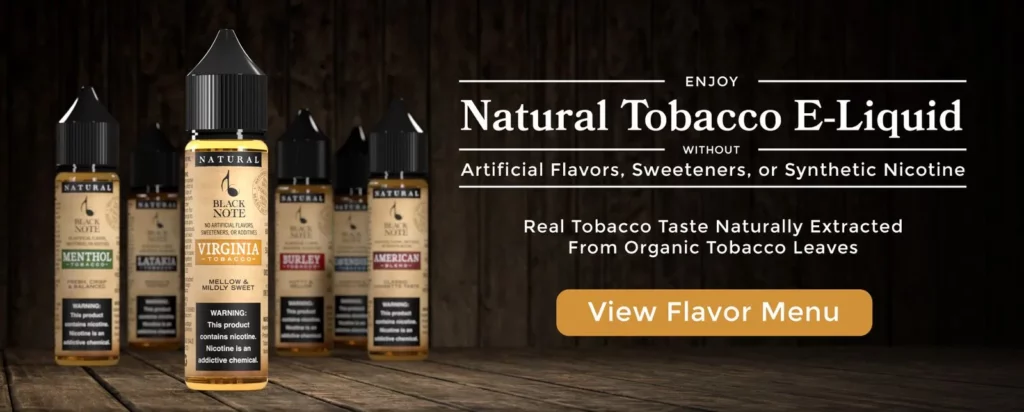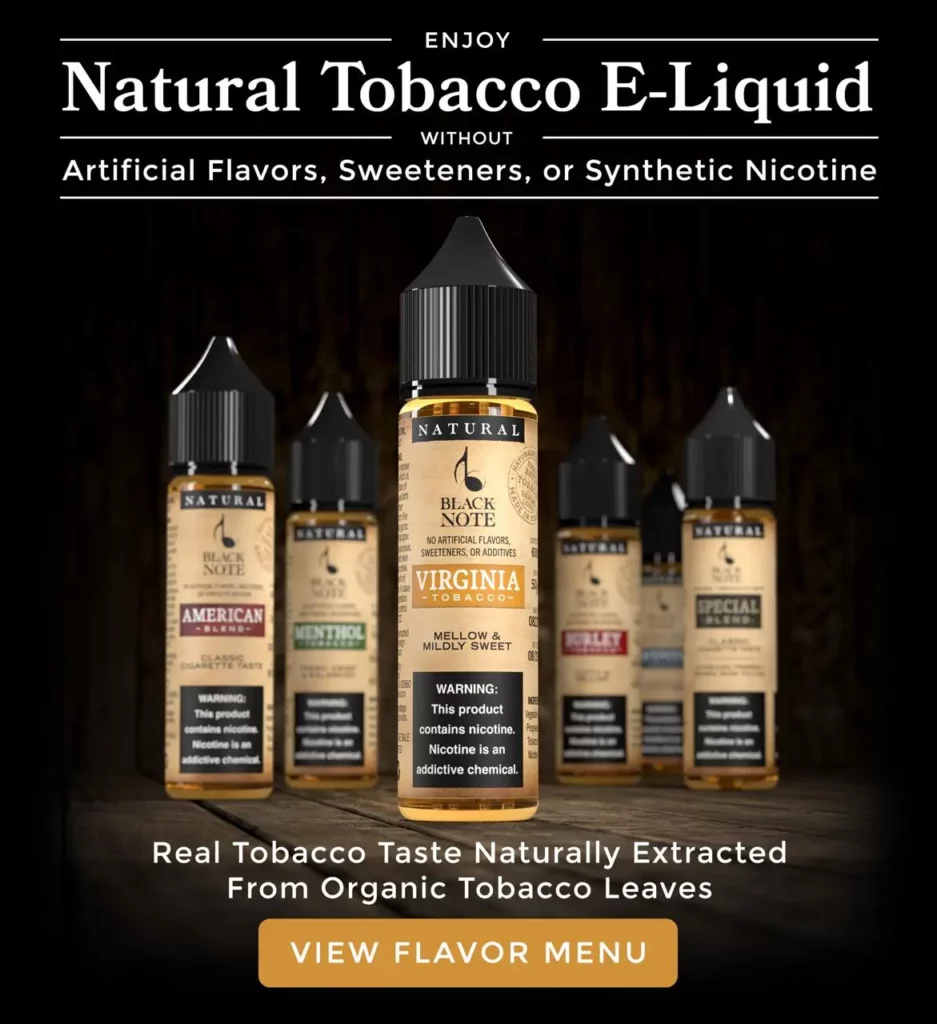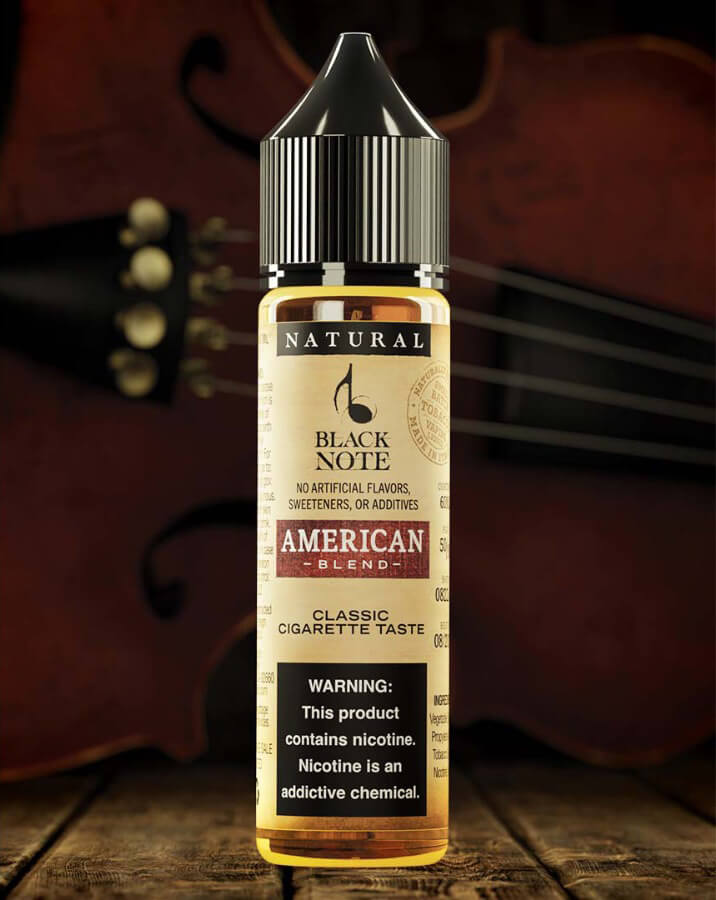The vaping industry has been under scrutiny in recent years, with concerns about the safety of vape products. Furthermore, they are concerned about the impact on the younger generation. A new bill introduced by Representative Sheila Cherfilus-McCormick is putting pressure on the FDA to crack down on disposable ENDS (electronic nicotine delivery systems) products. The bill, known as HR 901, aims to update the FDA’s vaping product enforcement guidance to prioritize enforcement against disposable ENDS products.
Support For the Bill From Various Groups
The bill has garnered support from a variety of groups, including tobacco control advocates, Democrats in Congress, and even tobacco companies. R.J. Reynolds, for example, filed a citizen petition with the FDA asking for greater enforcement against disposable vapes. The reason for this support is that disposable vapes have become the most popular vaping products in the convenience stores. Disposable vapes are often sold in appealing flavors that can be attractive to younger consumers.
Bill Doesn’t Call for a Ban
However, it’s important to note that the bill does not call for a ban on disposable vapes. Instead, it simply aims to apply pressure on the agency to take enforcement actions. Disposable vapes that are now the most popular vaping products in the market are in danger.
Concerns About Youth Vaping Epidemic
One of the driving forces behind the bill is the concern that vape products are contributing to the youth’s epidemic. Rep. Cherfilus-McCormick, who introduced the bill, has cited her experience as a mother of two children and a former healthcare executive as the reason for her support of the bill. She has called on the Biden Administration to “close this harmful loophole for the sake of our youth and to put an end to this national epidemic.”
Disposable Loophole Explained
The “disposable loophole” refers to the FDA’s 2020 enforcement guidance, which exempted some disposable vaping products from priority enforcement. However, the exemption only applied to otherwise compliant products like the NJOY Daily and blu disposables. In addition, the FDA specifically stated that the guidance did not apply to any deemed product not on the market on August 8, 2016. This means that products that entered the market after 2016 would remain enforcement priorities.
Pressure on FDA to Take Action
The popular flavored disposables began entering the market in 2019 and have violated FDA rules from the start. However, the FDA has yet to take significant enforcement action against them. The bill, if passed, would put pressure on the FDA to change this and take action against these products.
Increased Scrutiny on Disposable Vapes
In conclusion, the vaping industry is facing increased scrutiny over the safety of disposable vape products. Especially their impact on young people. HR 901, introduced by Rep. Cherfilus-McCormick, aims to update the FDA’s enforcement guidance to prioritize enforcement against disposable ENDS products. While the bill does not call for a ban on disposable vapes, it has garnered support from a range of groups. These groups are concerned about their impact on young people. The hope is that the bill will pressure the FDA to close the “disposable loophole.”
Key Takeaways
- The new bill, HR 901, aims to update FDA’s vaping product enforcement guidance to prioritize enforcement against disposable ENDS products.
- Disposable vapes are popular among young consumers due to appealing flavors, and the bill aims to address their impact on youth vaping.
- The bill doesn’t ban disposable vapes, but it has garnered support from a range of groups, including tobacco control advocates and Democrats in Congress.









